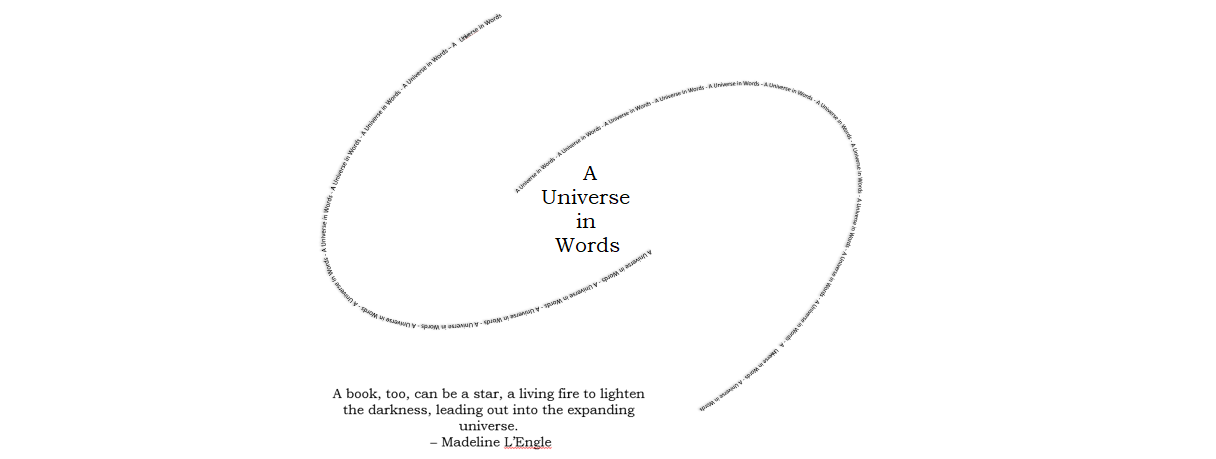'The Definition of Love' by Andrew Marvell - Analysis
What is important to understand when approaching a poem by Andrew Marvell is that he was a metaphysical poet, which means his poetry was about answering the question what love is, therefore the title in which he searches a way to define the emotion. So when he says 'My Love' in the first stanza, he doesn't mean the woman he is in love with but Love itself. He immediately sets up his love as an impossible one, saying it was begotten 'upon Impossibility'. This links in with the second stanza
Marvell says that 'magnanimous despair' was what showed him a love 'divine', whereas 'feeble hope' couldn't have. Magnanimous Despair is an oximoron, which means that two opposite things are brought together and here it reveals the nature of love as Marvell describes it. The love he feel is all the more beautiful because he cannot have it. Through his despair he can see how precious love really is and how beautiful, whereas hoping for love would only have kept him at the surface of the emotion.
In the third and fourth stanza Marvell reveals that it is 'Fate' that has come 'betwixt' him and his beloved. Fate has seen how perfect they are for each other and won't stand for it. Marvell says it would be 'her ruin' for them to be together. By that he implies that love is stronger than anything and when achieved could bring down 'tyrannic' fate itself. Yet he cannot achieve it and is therefore left heart broken and weak. Note that Marvell compared Fate to 'iron' and 'steel'. He subtly uses language to show how immovable Fate is supposed to be.
In the fifth stanza, Marvell uses what is called a metaphysical conceit, and a very fine example at that. Metaphysical poets used sometimes strange comparisons that were drawn from geography, science and many more subjects to highlight their message. By comparing the lovers to the Earth's 'poles' he makes the distance between them insurmountable, but also vital. The Earth spins on these poles and we would loose all direction without them. Marvell here gives us a glimpse of how he feels about love. The emotion is crucial to our lives, yet the fulfillment of it is not unnecessary to the same degree. He takes on almost a neo-platonic view of love, in which the physical love, Eros, is seen as beneath the spiritual, Divine, love. In the sixth stanza he makes clear that 'to join; the two lovers would spell disaster.
In the seventh stanza he uses another, smaller conceit of lines. A sloping, 'oblique', line represent a love that is not as true as theirs and those lovers may well meet and love each other. Yet Marvell and his beloved, who are 'truly parallel', are doomed to forever follow each other but never be together. It is the ultimate impossible love image, two lines, always moving along the same path, but forbidden from ever meeting and being together.
The final and eighth stanza forms both a conclusion and summary of the poem. Marvell again highlights the fact that Fate interferes with their love. For anyone who has to write an essay on love poems, this would be where a link can be made to the context; the time in which the poem was written. Fate was a lot more important and "active" back then, whereas now Fate plays much less of a role. Marvell also makes a point out of the fact that their love is a 'conjunction of the mind', which seems to strip their love of any kind of romance. It is the neo-platonic ideal of being in love with Love itself and not with a person.
Let's also take a minute to appreciate that Marvell never mentions his love by a name or even refers to her as 'her'. He talks only about the emotion which is another clear sign this is a metaphysical poem. These poems were written by men, to be shared in a group of other men. This wasn't a poem written for a woman, as sonnets often are, but meant as a piece of work, to be admired for its proficiency in conceits and language.
That was my analysis of 'The Definition of Love' by Andrew Marvell, who's last name has made it impossible for me to talk about Marvel movies without mispronouncing Marvel all the time. So what do you think? Does this sound like your kind of poem?




Such a fan of Marvel after studying him a few years back, lovely analysis, makes me want to get out my Metaphysical poetry collection again!
ReplyDeleteThank you so much for sharing this analysis. When I first read the poem, I didn't really understand half of it! Now I do, and I can really appreciate it. Thanks!
ReplyDeleteHi, I loved to read your analysis. I actually think (don't know if it is true)... that Marvell might be Schizoid? Cause then he would always long to feel love in it's whole, but is never able to reach it. Therefor, he describes love as impossible. He is not able to feel the emotion, nor relate with it, while he actually longs for it. Maybe that is the reason why this whole poem is so ambigious :) Just read into it what Schizoid it, and you will see it in a lot of poems. Because most Schiziod aren't able to tell how they feel, but they put it into art and other creative works. So that they in someway can relate to the emotion.
ReplyDeleteHope you like my answer. I could tell more of it, but I have lunch during my working hours :)
Heey
DeleteThat's actually a really interesting idea! I never thought about it that way, but if he was there would be a much more immediate reason for him to be so ambiguous rather than just intellectualism.
Thanks for commenting :)
Sorry, just saw some spelling mistakes, because I write/type to quickly.
ReplyDelete"Marvell here gives us a glimpse of how he feels about love. The emotion is crucial to our lives, yet the fulfillment of it is not unnecessary to the same degree."
ReplyDeleteSorry to interrupt, do you mean here 'the fulfillment of it is not *necessarry* to the same degree, or am i misunderstanding the text?
Thank you very much for the analysis though, it was a nice read!
Regards